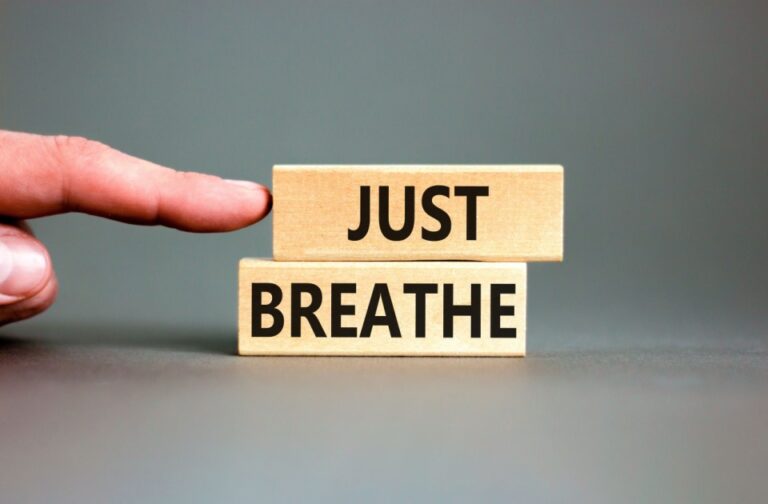
There is a common misconception that the older we become, the less sleep we need. In actuality, the National Sleep Foundation guidelines advise that people over 65 should get seven to eight hours of sleep each night. Even if an older adult seems to sleep a lot, many don’t get enough restful sleep.
Lack of sleep or low-quality sleep can lead to bother physical and mental health issues, especially as we age. There are many reasons why an older adult may not sleep as well as a younger adult. Some of these include:
- Changes in circadian rhythms, caused by changes in the brain
- Decrease in the body’s natural production of cortisol and melatonin
- Side effects of medication
- Chronic pain
- Daytime naps
- Other chronic health issues
Chronic poor sleep patterns can significantly impact a person’s daytime routines, and their quality of life as a whole. According to the Sleep Foundation, older adults spend more sleep time in light sleep and less time in deep sleep. This can lead to more waking up during the night and less restful sleep. We could spend an extensive amount of time discussing all the reasons older adults have sleep issues but since we already know it’s a problem. Let’s instead focus on practical steps to improve our sleep.
Exercise: Studies show that adults her exercise regularly are able to fall asleep faster and sleep better than adults who do not exercise. They also report better quality of sleep and feeling rested. Exercise can include normal daily tasks like walking the dog, gardening or housework. Exercise can also be time set aside to walk, jog, do yoga, lift weights, work with a personal trainer or physical therapist, etc. Talk to your doctor if you aren’t sure where to start.
Remove Distractions: Use light blocking curtains, keep electronics like the television in another room.
Stick to a routine: Try to sleep at night and be awake during the day. That seems like common sense, but changes in your routine can throw off sleep patterns. Set a bedtime and keep to it. If you nap during the day, keep your nap short and set an alarm so that you don’t oversleep.
Spend days in daylight and nights in darkness: Sunlight exposure during the day, and darkness at night can help your body know when it is time to sleep and when to stay awake. Open the curtains during the day, or spend intentional time outdoors in the sunlight. At night, eliminate bright lights. If you need to use a nightlight, use a small plug-in rather than a bright lamp.
Be mindful of what you eat/drink near bedtime: Eating late at night can keep you awake. Also, drinking too much water near bedtime will have you waking to use the bathroom in the middle of the night. Caffeinated drinks can also negatively impact your rest. Try to eat your last meal of the day a few hours before bedtime. Limit caffeinated drinks to daytime hours.
Create a safe sleeping environment: Keep a phone near your bed, access to a lamp nearby, and remove all fall/trip hazards like rugs, cords, and extra furniture.
If you continuously struggle to get a good night’s sleep, consider some of the above suggestions. And remember to talk to your doctor. Quality sleep will significantly improve your quality of life. Mindful habits may bring you a more restful night of sleep.
DISCLAIMER: This article contains information that is intended to help the readers be better informed regarding exercise and health care. It is presented as general advice on health care. Always consult your doctor for your individual needs. Before beginning any new exercise program it is recommended that you seek medical advice from your personal physician. This article is not intended to be a substitute for the medical advice of a licensed physician. The reader should consult with their doctor in any matters relating to his/her health.




